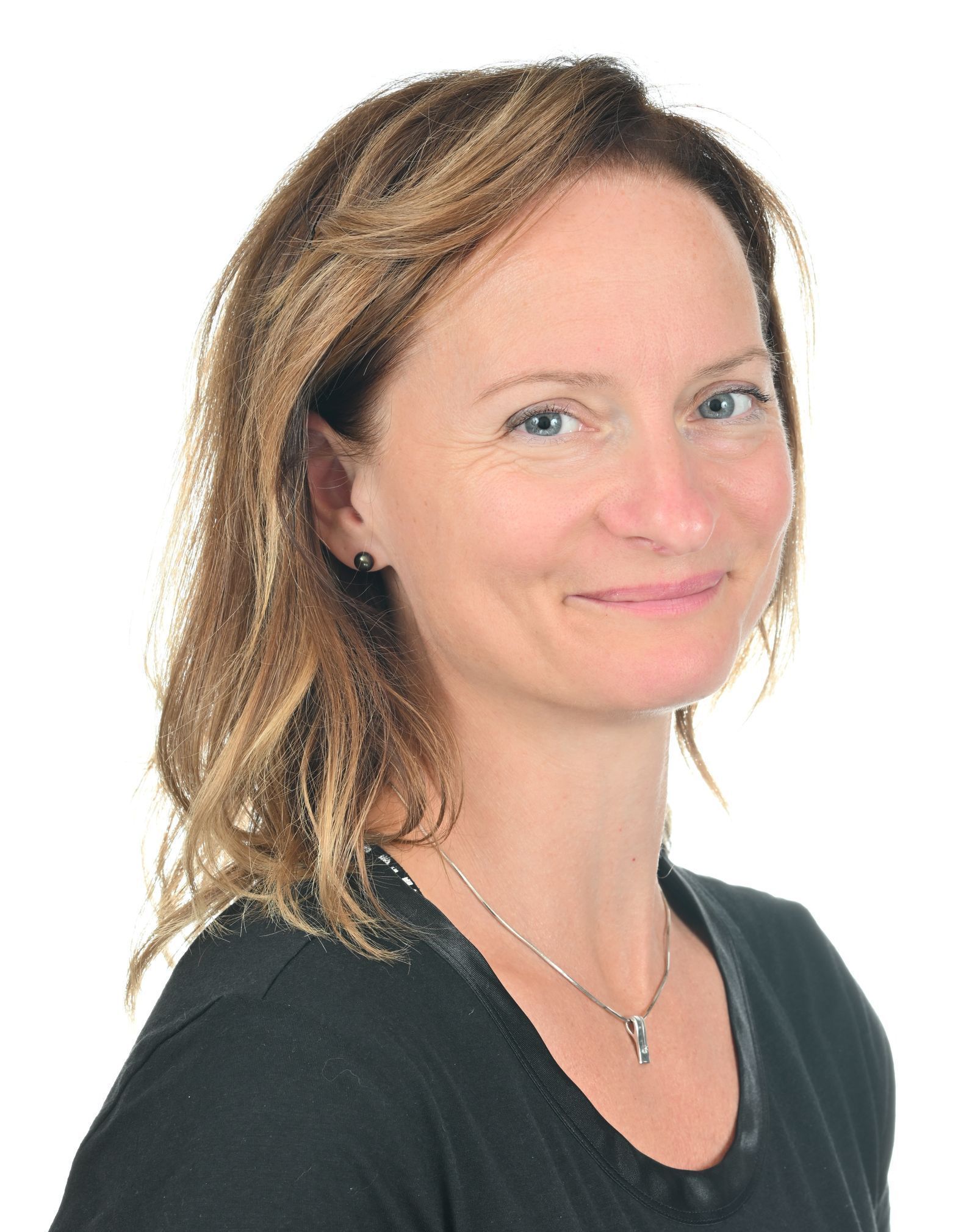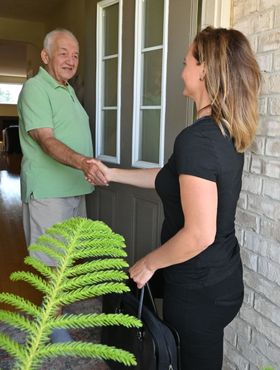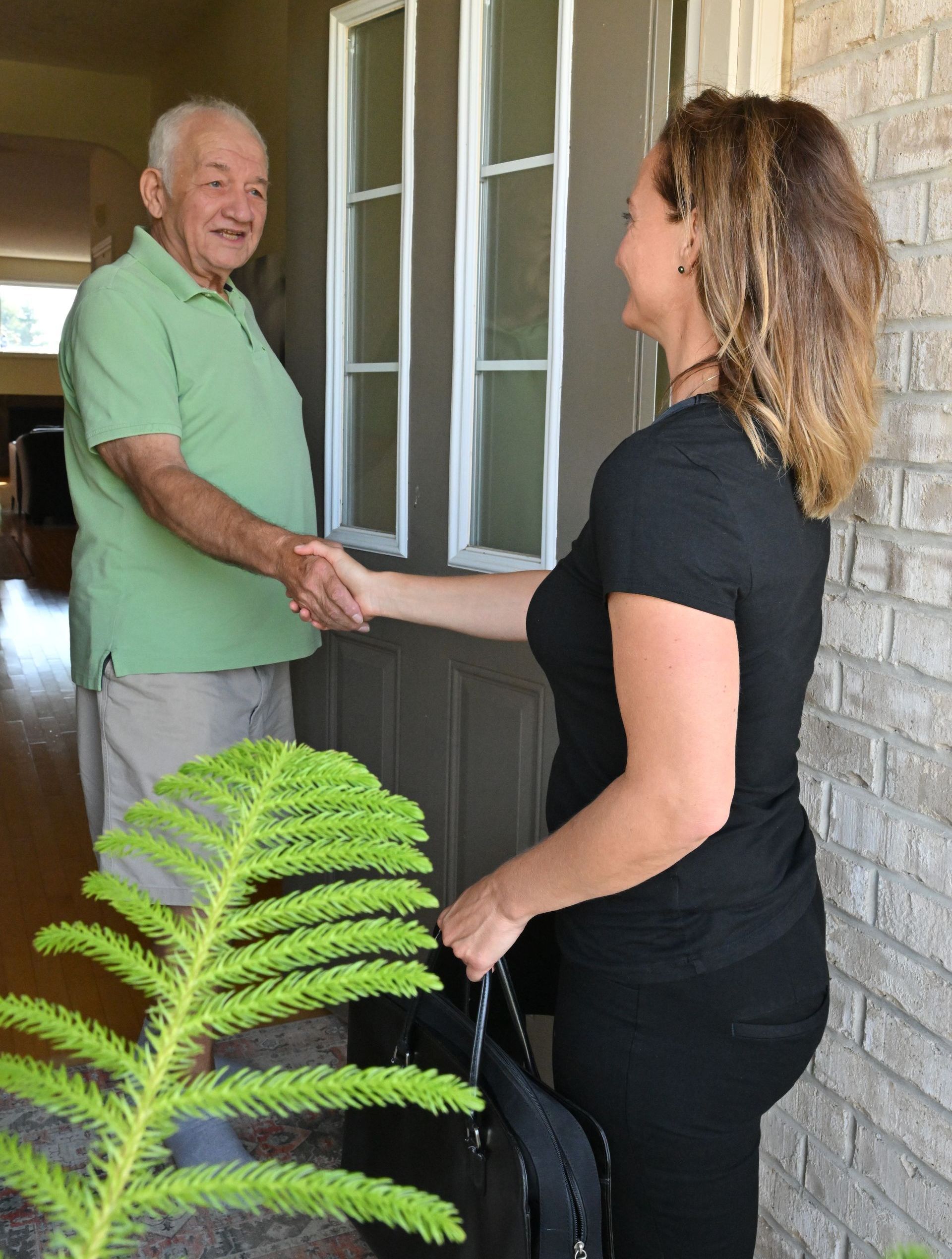With over 20 years of experience as a licensed physiotherapist, I have come to believe that a growth mindset is key to achieving greater results. It was in the latter half of my career when the connection between a person’s mindset and their physical function became more apparent to me. I was working with clients who were experiencing chronic pain and I felt limited as a therapist in my ability to help them improve their physical function. I needed a tool to engage clients around meaningful tasks to let their life values guide our sessions, rather than a strict focus on completing a protocol of exercises. Since I already had a background in Cognitive Behavioural Therapy (CBT) and Acceptance and Commitment Therapy (ACT), I updated my knowledge in those modalities and immediately noticed better outcomes when I incorporated people’s values into their treatment goals. This is what inspired me to launch Mindset Rehabilitation in 2017.
My approach to physiotherapy is what they refer to as ‘evidence-informed’. This means that I draw from my knowledge of evidence-based therapy and combine it with the goals, values and knowledge that my client brings to the table to develop a comprehensive treatment plan. In my early experiences as a practitioner I treated a wide variety of musculoskeletal injuries (including post-operative joints) and learned specialized mobilization techniques, which then led me to becoming an assessor for the Regional Evaluation Centre in London Ontario. It was during this time that I observed the unique recovery paths of more complicated injuries. After 3 years in a clinic setting, I eventually joined the team at Parkwood Hospital and continue to work there today, treating patients following a stroke or other neurological dysfunction. My scope of practice for neurological rehabilitation is quite vast with clinical experience ranging from some of the most common diagnoses to the very rare ones. One of my goals has always been to make rehabilitation technology more accessible. I continue to support teaching and research in this area, collaborating both locally and internationally on assistive-device research and development projects.




